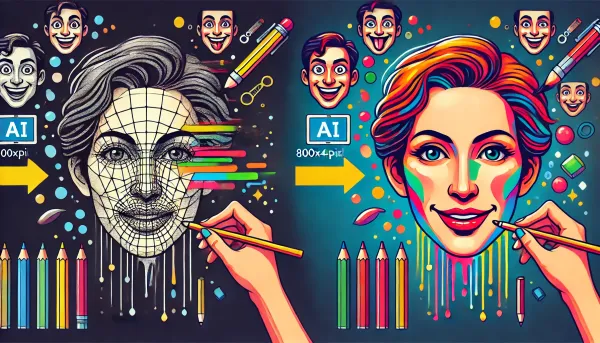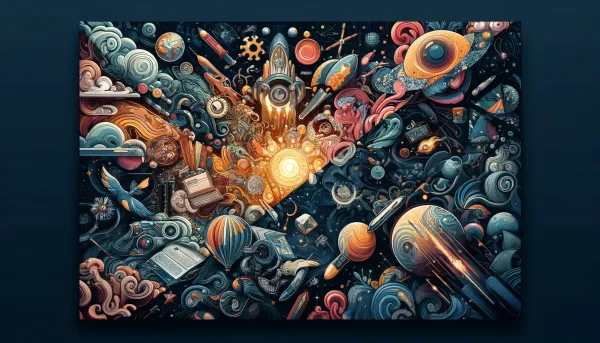AI/ML Startups are Eating the Market. Here’s Why
Co-founder of Reface and an expert on investments explains

In 2011, the entrepreneur Marc Andreessen first uttered his famous words, "Software is eating the world." Now, machine learning is eating the world, and for good reason.
Today, data is one of the keys to success not only in the tech business, but throughout the market. Machine learning has taken data analysis to a new level, helping companies vastly improve their operational quality and efficiency.
Researchers predict that the AI and ML market will reach over $309 bln by 2026. Companies are already building a new ecosystem in which data and AI are embedded in processes and serve both analytical and operational purposes, which means that those who lag will no longer be able to compete on the market.
How can ML technology benefit startups?
Companies have only begun to focus on ML in the last 20 years. Tech giants like Google were among the first to recognize the potential of machine learning for working with data.
In 2014, Google bought the AI startup DeepMind for more than $500 mln, making it Google’s most significant European acquisition to date. The company is now investing a huge amount of money in ML research to stay ahead of its competitors.
Over the last 5 years, the annual volume of venture capital investments into AI-related projects has been growing by three times on average, and it has already crossed the $70 bln mark since the beginning of 2021. This money went to more than 3,000 startups using artificial intelligence in their businesses.
In addition to natively AI-powered companies, other startups are likely using AI-based tools and programs to perform better in business (digital advertising platforms, development tools, e-commerce apps, etc). This allows startups to move faster and reach their customers while saving time and spending less money.
AI can not only boost existing business, but can also help create automated products to replace outdated solutions (as Tesla has done with cars or Amazon with storage facility optimization). Ultimately, the success of every AI startup will depend on efficiency and new opportunities.
Will AI/ML mechanics work better with Gen Z?
According to research by Mention, “products are only 25% of what you sell.” The rest is the experience and emotions you get from the product. Gen Z is good at trends, much more demanding, focused on “social+” companies and brand sustainability, and interacts with new technologies more easily. Therefore, a marketing strategy using ML will potentially be more effective with the next generation.
Is AI/ML the key to engaging Gen Z? Signs so far are promising. And we should try to apply this formula to other consumer groups as well, since AI startups can quickly and effectively produce new content and features according to the preferences of their audience.
We have already seen successful cases where this technology has been implemented. For instance, TikTok was built upon an AI algorithm nicknamed “gravedigger.” This algorithm helped boost user engagement, with the average user spending over 52 minutes per day on the app, beating out YouTube.
What’s next for the ML startup market?
In the future, most products will be AI-based. McKinsey has found that one-third of the workflow in 60% of jobs worldwide can be automated, so we expect a new wave of AI corporations sprouting out of small startups. This also means that most workers — from welders to insurance agents to CEOs — will be working alongside this booming technology.
The rapid adoption of AI by FAANG (now “MAANG”), the rise of innovative products such as self-driving cars and robotics, the creation of the metaverse, and the statements of recognized tech experts such as Andrew Ng or Kai-Fu Lee on future AI disruptions — these are just a few factors supporting the idea that AI will bring about as powerful an economic shift as the industrial revolution did.
***
We’re entering the era of intelligent automated enterprises, in which company data is transparent and available in real-time; requests are processed automatically; AI chatbots provide 24/7 customer support; cyberattacks are detected and eliminated as they happen, and only the TV shows and movies that you like are shown on the screen. Well, hello, new world!






